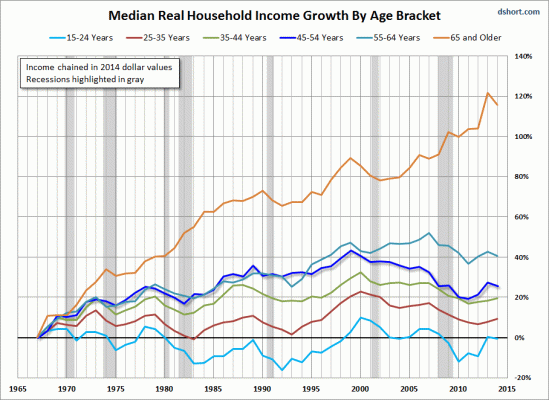mickeyd
Give me a museum and I'll fill it. (Picasso) Give me a forum ...
Millennials don't like equities? News to me. Looks like paying off student debt is taking all of their cash. Interesting reading.
I suppose that they will have to wait for the old white men in their family to croak before they own stock.
http://www.fa-mag.com/news/millennials--stocks-are-for-rich--old--white-men-26068.html?section=141
I suppose that they will have to wait for the old white men in their family to croak before they own stock.
In fact, 60 percent of the women polled in Stash’s survey equate a typical investor to an old, white man.
According to the survey, millennial women, defined as those between the ages of 18 and 34, don’t understand investing. More than three-quarters of the women surveyed, 76 percent, found investing confusing.
Millennials in general are not investing in equities, according to Stash. Seventy-nine percent of the survey’s respondents said they are not currently investing in the stock market, and only 13 percent said the reason is that they are still paying off their student debt.
http://www.fa-mag.com/news/millennials--stocks-are-for-rich--old--white-men-26068.html?section=141


